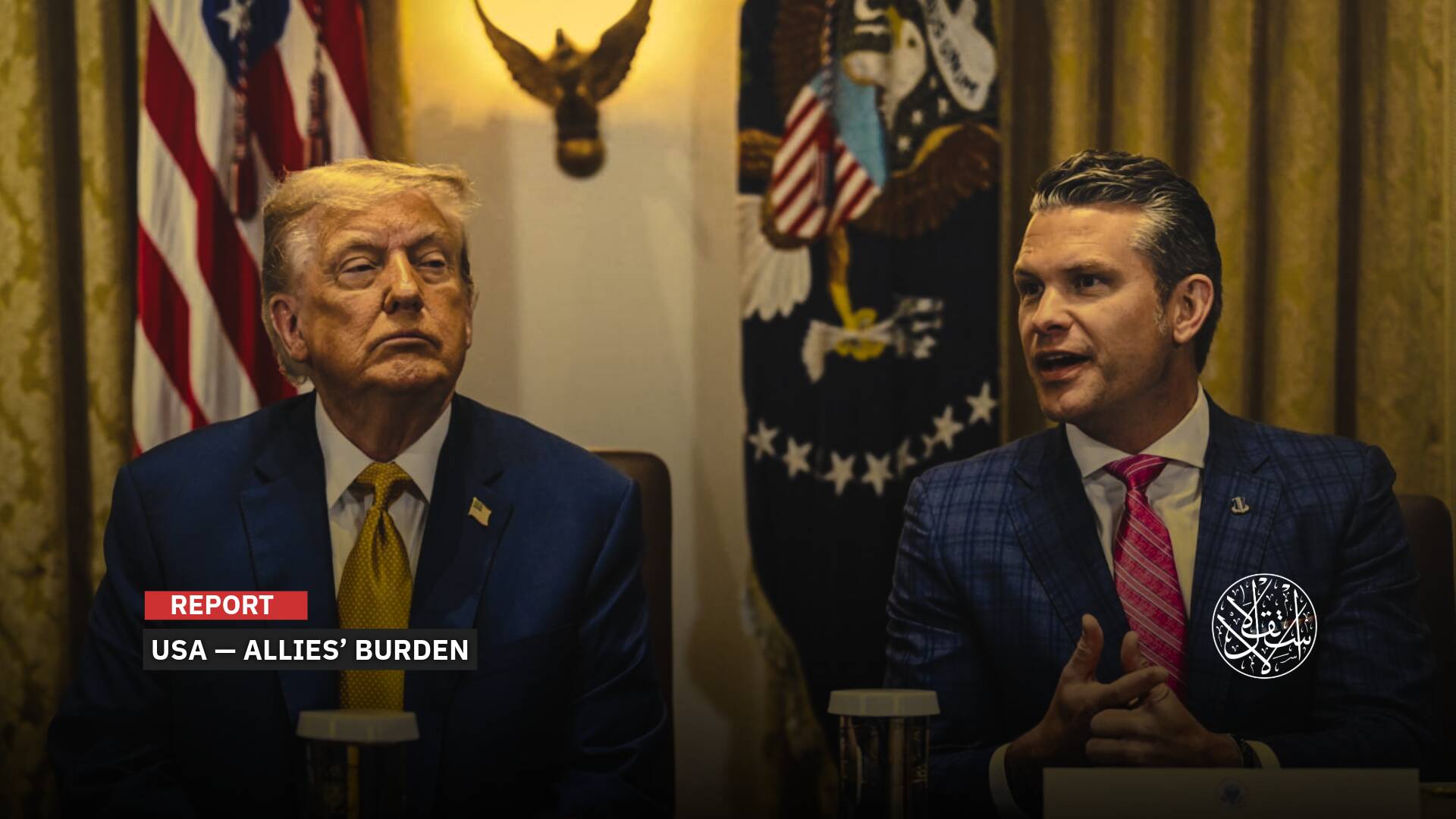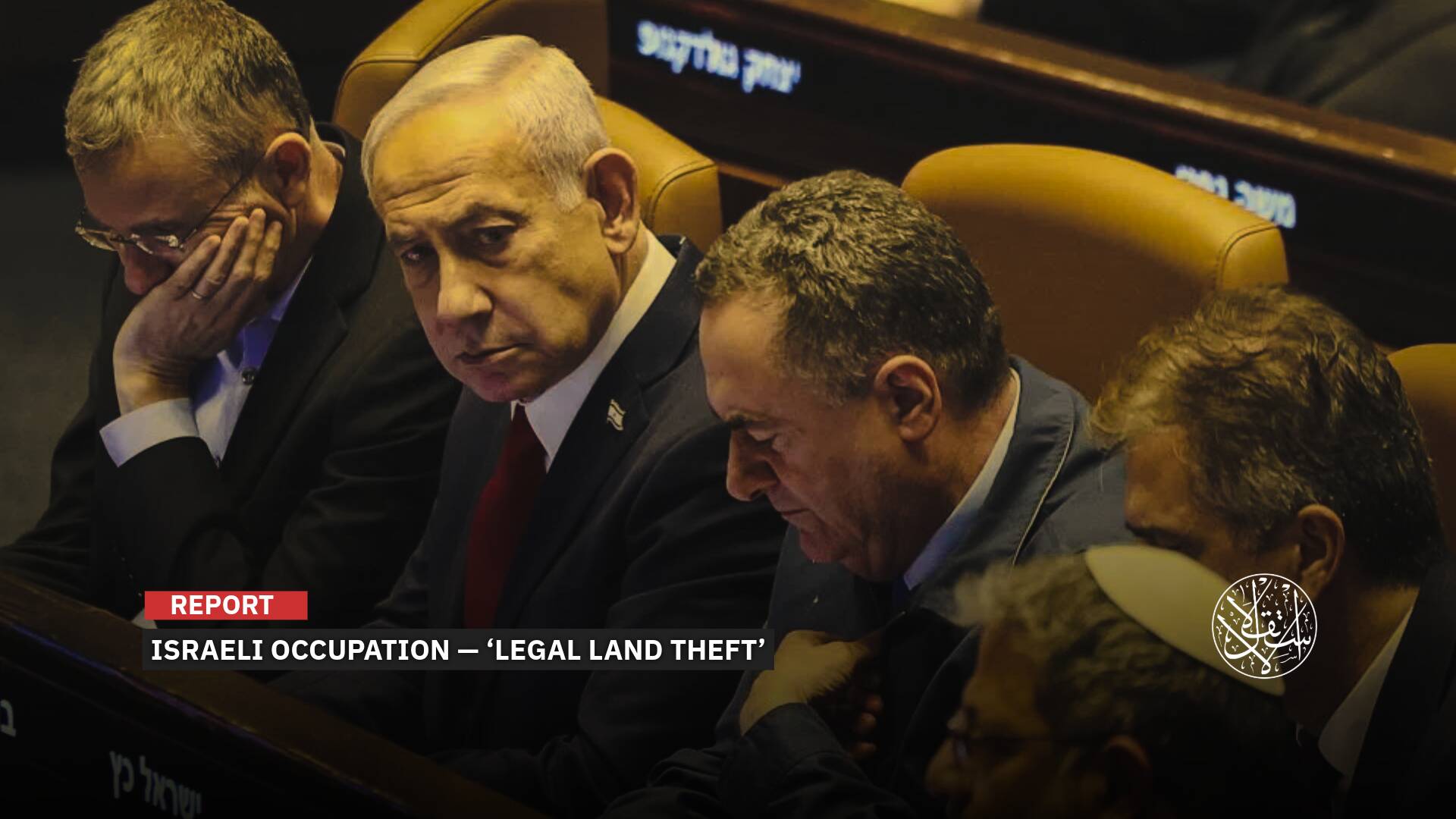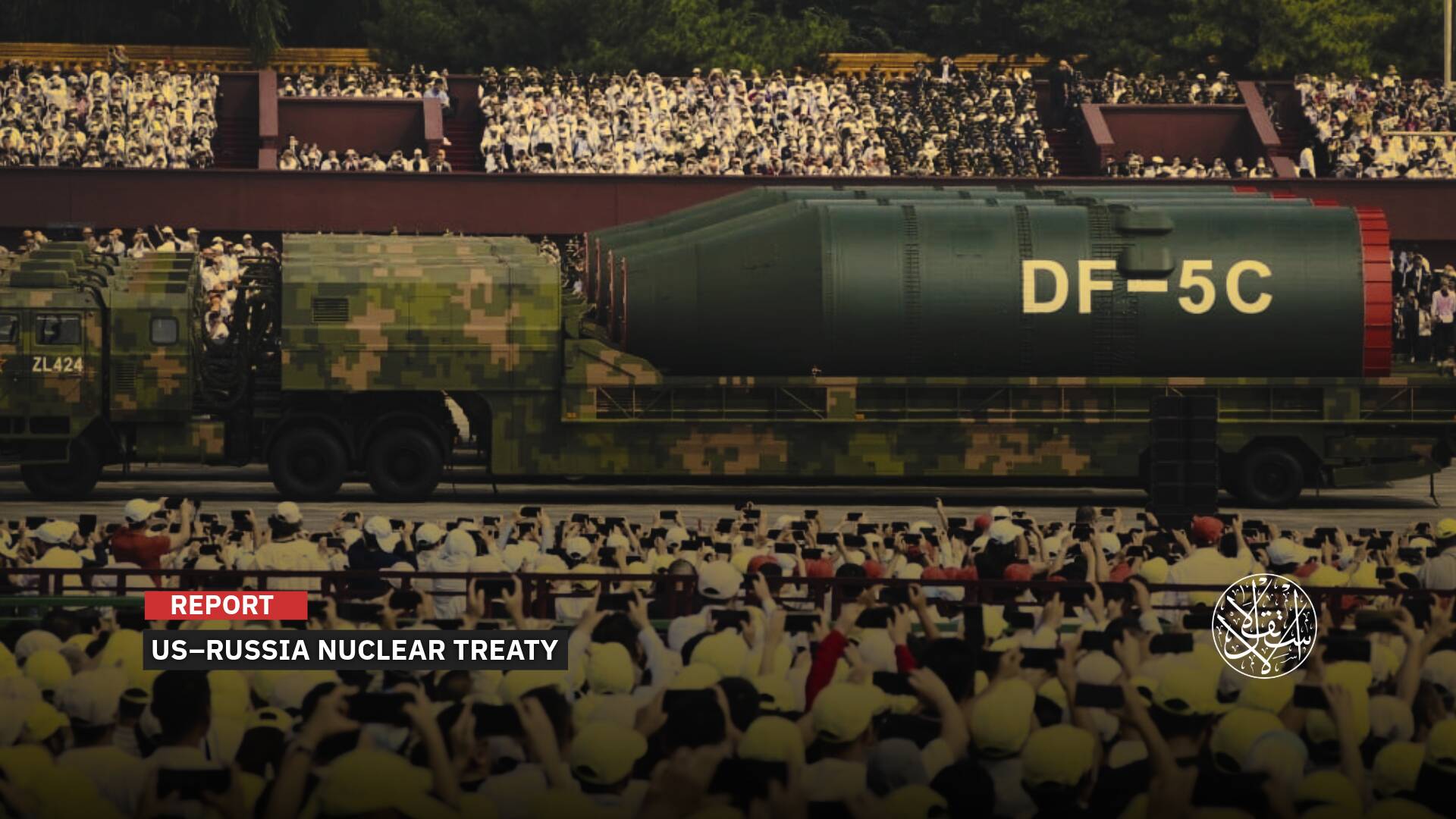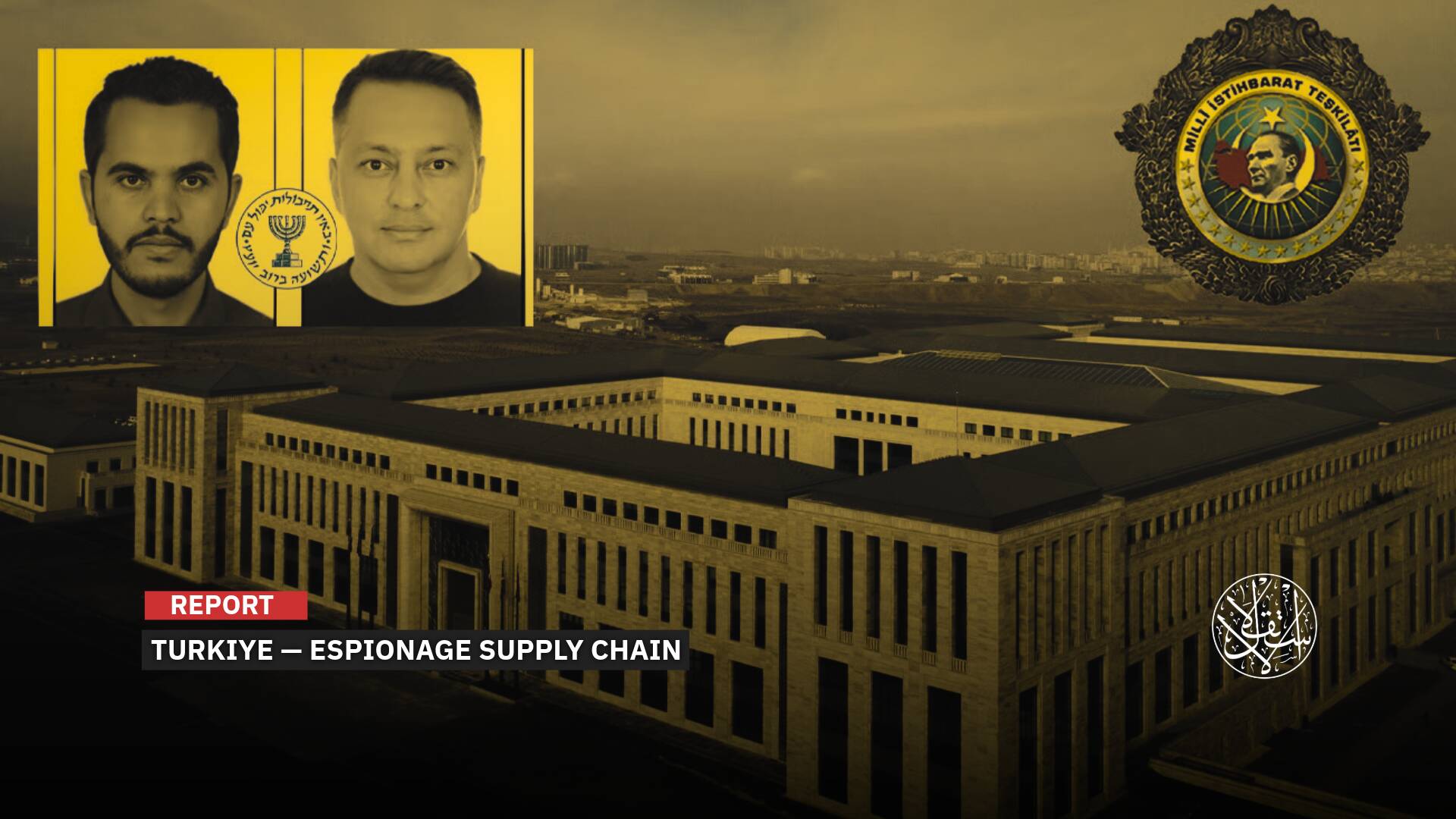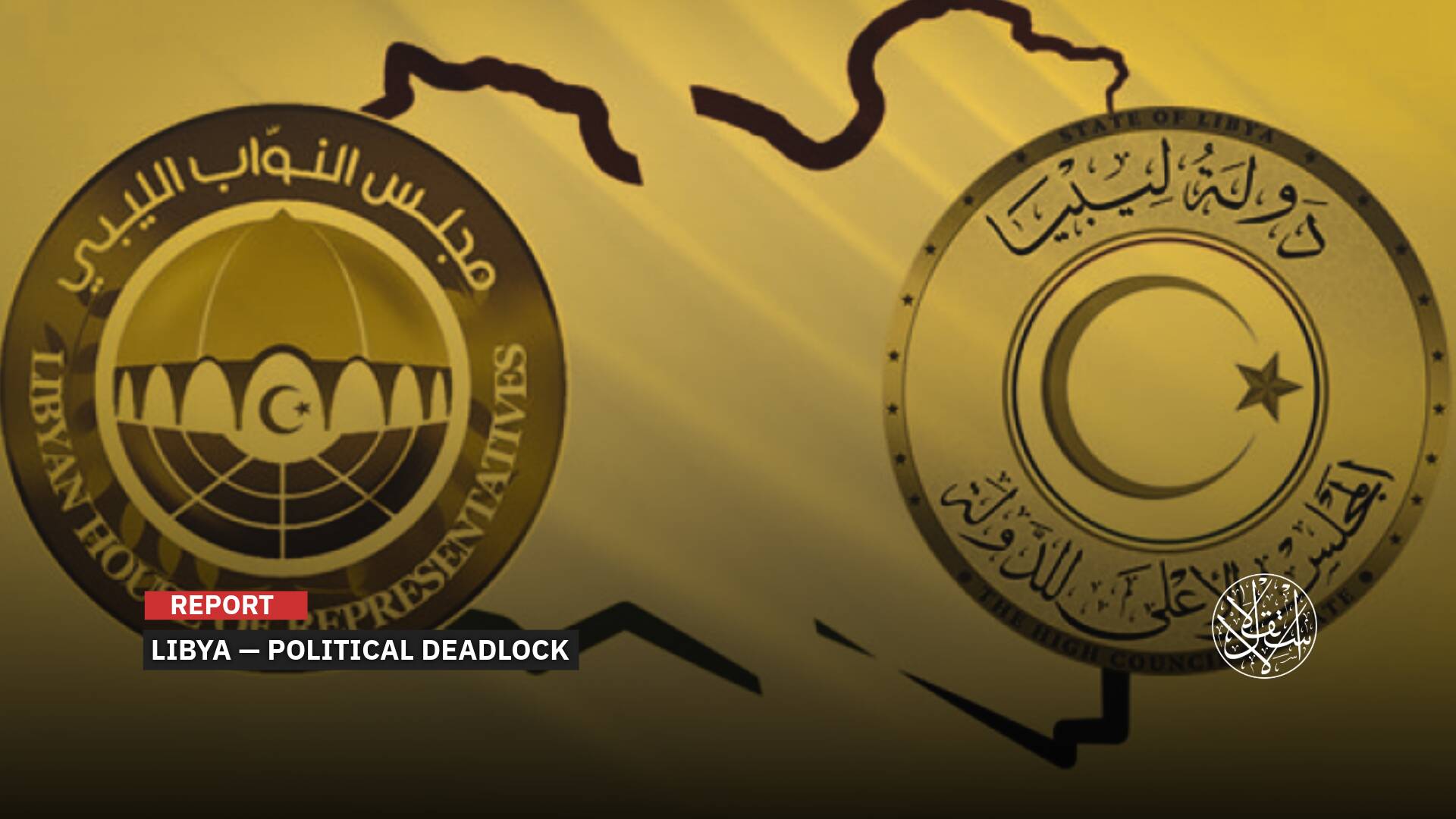How Trump-Zelensky Spat Affects Chances of Ending the War in Ukraine

“Trump and Vance both accused Zelensky of gambling with World War III.”
‘A stormy meeting’, ‘a historic debate’, ‘a diplomatic shock’, ‘a fierce scolding’, these are the descriptions with which the media headlined their news monitoring the meeting between US President Donald Trump and his Ukrainian counterpart Volodymyr Zelensky a few days ago.
U.S. allies swiftly rallied around Zelensky after the meeting, and Democrats in Congress have denounced Trump for bullying Ukraine's wartime leader.
Through several hashtags, most notably #Trump, #Zelensky, #Russia, #Ukraine, they denounced Trump's efforts to force Ukraine to sign the minerals deal, which is a bill due for payment in exchange for the military aid provided by the administration of his predecessor, Joe Biden, to Kiev throughout the years of its war with Russia.
They saw that Trump wanted to steal rare minerals from Ukraine and force it to sign a surrender agreement with Russia, praising Zelensky's position rejecting Trump's attempt to evade providing the necessary guarantees.
Diplomatic Disaster
Non-stop insults and a debate that went beyond the limits of insolence, and in the end, the humiliating expulsion of the Ukrainian president and his team from the White House, a scene that represents a precedent in American history and a diplomatic disaster that carries many messages, and puts the U.S. in a major moral dilemma in front of its allies before its opponents.
During their speech to the press at the White House on February 28, 2025, Trump attacked his guest Zelensky, describing his statements as disrespectful, warning him of the consequences of refusing a ceasefire with Russia.
Trump wants a share of the rare minerals that Ukraine possesses as repayment for the aid that the U.S. provided to Kiev during the war, but Zelensky tried to negotiate better terms than what Trump initially demanded.
The discussion between the two presidents heated up after Zelensky insisted on obtaining European security guarantees instead of American ones in exchange for agreeing to a ceasefire with Russia.
“Make a deal or we're out,” Trump said sharply, as Zelensky was stunned by the insulting way he was speaking.
“Your comments are very disrespectful. We are working on a solution to the problem and you are not in a position to dictate to us. Your troops are depleting and you are telling us you don’t want a ceasefire,” he added.
“You should be grateful and you should agree to a ceasefire. You have no cards to play without our support. Putin may have violated agreements with other presidents but not with me,” he said.
US Vice President J.D. Vance, who entered the stormy meeting, said: “You have a problem with the number of troops and you should be grateful to President Trump for wanting to end the conflict. You are not in a good position and you are gambling with World War III.”
Zelensky left the White House after the exchange. The joint press conference, which was scheduled after the meeting, was called off.
In his first statement after leaving the White House, Zelensky spoke about the repercussions of the stormy meeting that brought him together with his US counterpart, refusing to offer any apologies.
Regarding the fate of the Russian war and US support, he confirmed that “it will be difficult for us to stop Russia without American support. We have received $ 100 billion in US aid and we are open to checking how it is spent.”
Ukrainian Prime Minister Denysh Shmyhal confirmed that peace without guarantees is impossible, and may lead to a Russian occupation of the entire European continent.
In contrast, Trump revealed his basic condition for holding a new meeting with Zelensky, saying: “He can come back to us when he is ready for peace.”
European Pledges
International reactions to the unprecedented fight between Trump and Zelensky have continued, shocking the world.
Russian officials are cheering President Trump and Vice President J.D. Vance's rebuke of Zelensky at the White House.
“A fierce scolding in the Oval Office,” said Dmitry Medvedev, Russia's former president who currently serves as deputy chair of the Security Council of the Russian Federation.
Russian Foreign Ministry spokeswoman Maria Zakharova expressed her surprise that Zelensky was not beaten in the White House.
The recent US-Ukrainian debate has put Europeans before the facts of the rapidly shaking foundations of the transatlantic relationship.
Europe's concerns about the US abandoning its allies have led a majority of its politicians to support Zelensky and Ukraine in its war against Russia.
European Commission President Ursula von der Leyen voiced support for Zelensky, saying on X, “Be strong, be brave, be fearless. You are never alone. We will continue working with you for a just and lasting peace.”
The EU’s top diplomat Kaja Kallas pledged to stand by Kyiv, questioning US leadership of the Western world and adding, “Ukraine is Europe. We will step up our support to Ukraine.”
France's Emmanuel Macron urged America to remain on the side of the Ukrainians, who he said were fighting for their dignity, their independence, their children, and the security of Europe.
Friedrich Merz, who is on track to become Germany’s next chancellor, said: “We must never confuse aggressor and victim in this terrible war.”
The departing German leader, Chancellor Olaf Scholz, said that “Ukraine could rely on Germany and the rest of Europe.”
Italy's Prime Minister Giorgia Meloni said that Italy would propose to its partners an immediate summit involving the U.S. and the EU and allies.
Spanish Prime Minister Pedro Sanchez, Dutch Prime Minister Dick Schoof and Polish Prime Minister Donald Tusk all said their support for Ukraine would be unwavering.
Norwegian Prime Minister Jonas Gahr Stoere said that Norway is standing with Ukraine.
“That Trump accuses Zelensky of gambling with World War III is deeply unreasonable and a statement I distance myself from,” he added.
In a clear sign of the disunity, Hungary’s prime minister Viktor Orban stood apart from many other European leaders, thanking Trump for his exchange with Zelensky.
“Strong men make peace, weak men make war. Today President Trump stood bravely for peace. Even if it was difficult for many to digest,” he wrote on X.
Arrogant Leadership
Some US politicians who are closely aligned with Trump cast the president’s meeting with Zelensky as a win for his ‘America first’ realignment goals.
“Zelensky either needs to resign and send somebody over that we can do business with, or he needs to change,” GOP Sen. Lindsey Graham told reporters.
The White House deputy chief of staff for policy, Stephen Miller, called out what he termed Zelenskyy’s impertinence, and described the showdown as one of the great moments in the history of American diplomacy.
Democratic US Representative Hakeem Jeffrees was supportive of Zelensky, and said Trump and Vance continue to embarrass America on the world stage.
Some conservative political figures also hit out at their fellow Republicans Trump and Vance for their handling of the meeting.
Senate Minority Leader Chuck Schumer (D-NY) accused Trump and his deputy Vance of doing dirty work for Russian President Vladimir Putin.
GOP Rep. Don Bacon of Nebraska criticized on X what happened at the White House and if Ukraine's future is impacted.
“A bad day for America’s foreign policy. Ukraine wants independence. Russia hates our values. We should be clear that we stand for freedom,” he said.
American writer Thomas Friedman warned, saying: “My fellow Americans, we are in completely uncharted waters, led by a president, who — well, I cannot believe he is a Russian agent, but he sure plays one on TV.”
Ian Bremmer, the president of Eurasia Group, wrote that “Trump is much more likely now to cut a deal directly with Russia, over the heads of Ukrainians and Europeans. He undermines the strength of NATO as the world’s most important collective security agreement.”
Irish professor Alanna O'Malley wrote on X: “Zelensky is a hero and a statesman. Trump just fortified European support for him, and established himself and Vance as professional bullies, reflecting weak and arrogant leadership.”


